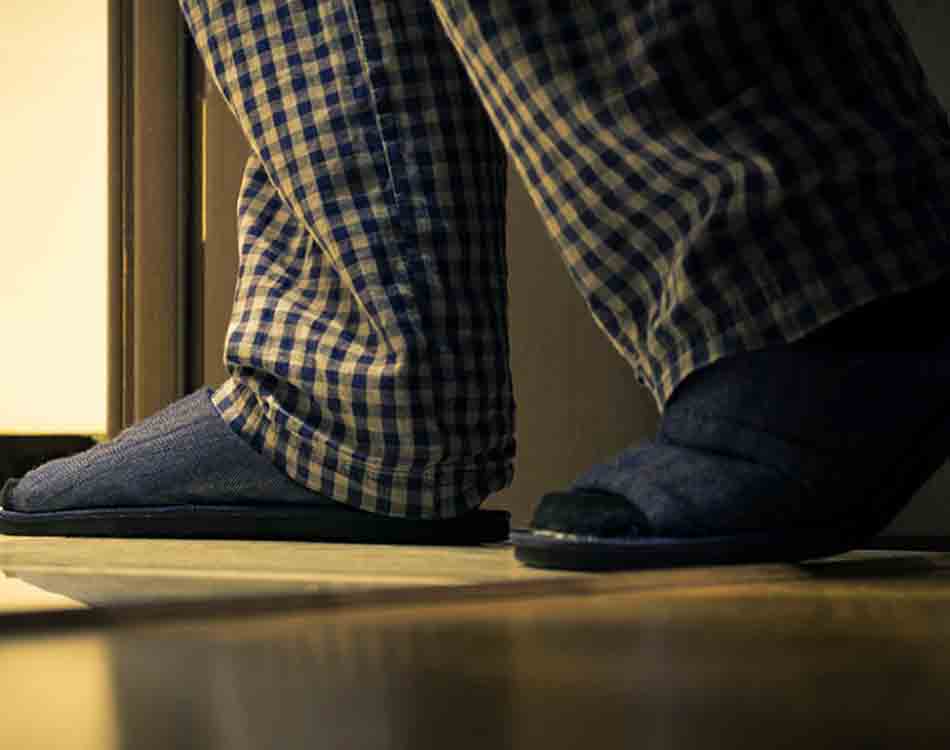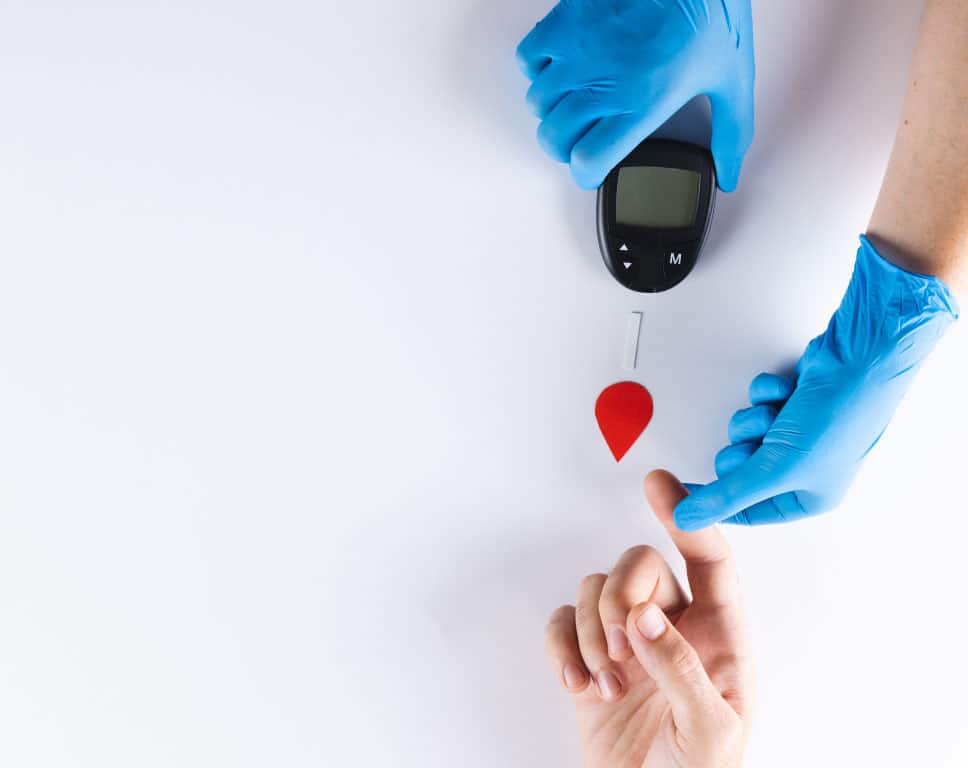Nocturia, or excessive urination at night, can affect up to one in three older people and is more prominent in women than men, research shows.
A study showed that almost 30% of 7 620 women surveyed reported two or more urination episodes a night with the incidence of nocturia steadily increasing with age and affecting 46% of women 80 or older.
Multiple potential causes of nocturia
During sleep, the body produces less but more concentrated urine, and most people don’t need to wake up to urinate. Nocturia may be diagnosed for those who have to wake up twice or more at night to urinate.
Although more common in the elderly, nocturia may occur at any age due to lifestyle choices or a medical condition. It is sometimes mistaken for an overactive bladder (OAB) caused by bladder spasms which cannot be controlled, prompting urination throughout the day and night when the bladder is not full. People with nocturia only experience frequent or increased urination at night but may also suffer from OAB.
The causes of nocturia include excessive fluid consumption, certain medication, urinary tract or bladder infections, infection or enlargement of prostate, diabetes, anxiety, kidney infections or neurological disorders. High blood pressure may also indicate nocturia.
Treatment vital to ensure quality sleep
Dr Laurie Blake from the Urology Hospital in Pretoria, advises people who urinate excessively to consult a urologist as it’s vital to sleep through the night without waking up. “It’s important to reach Rapid Eye Movement (REM) or restorative sleep for brain development. Waking up periodically disrupts this.”
Blake says nocturia and OAB, like most other urological conditions, can be treated using a range of interventions that may range from lifestyle changes to treat underlying medical conditions such as diabetes or a urinary tract infection.















